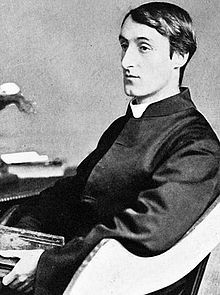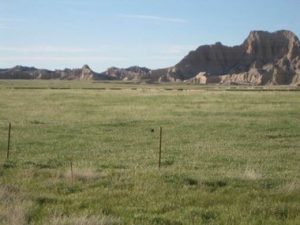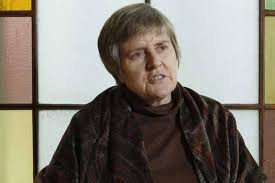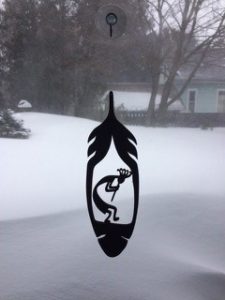“over and over announcing your place
in the family of things.”
Some few years ago, I was catching up with an old friend after too long a hiatus. I tracked his email address and found a batch of emails. In three of them we exchanged posts about a poem both of us like a great deal. I read it again and decided to post it on the second last Friday in this Spring’s wide open outpouring of this first Spring since the ordeal of Covid. I imagined that my dad would have liked this poem a lot, Mary Oliver’s “Wild Geese” brought me back to October 1980 when he died. I wrote this journal note then.
“While he was dying – – after pancreatic cancer gone to the liver made him thin and jaundiced – – one day he put on a business suit, now too big for his body, and went one last time to the modest city bank where he had been president for years. He stopped at each person’s work place, told each one goodbye; told them that he was proud to have worked with them, shook hands, and came back home where we had moved his bed downstairs into the dining room for his last weeks.
Dad was a man who enjoyed the ordinary human condition and respected the women and men who lived it : He would have liked this poem. The poem likes him I think.”
It’s good to read strong poems, like this one, out loud.
have a blest day.
john sj
Today’s Post: “Wild Geese”
You do not have to be good.
You do not have to walk on your knees
for a hundred miles through the desert repenting.
You only have to let the soft animal of your body
love what it loves.
Tell me about despair, yours, and I will tell you mine.
Meanwhile the world goes on.
Meanwhile the sun and the clear pebbles of the rain
are moving across the landscapes,
over the prairies and the deep trees,
the mountains and the rivers.
Meanwhile the wild geese, high in the clean blue air,
are heading home again.
Whoever you are, no matter how lonely,
the world offers itself to your imagination,
calls to you like the wild geese, harsh and exciting –
over and over announcing your place
in the family of things.












